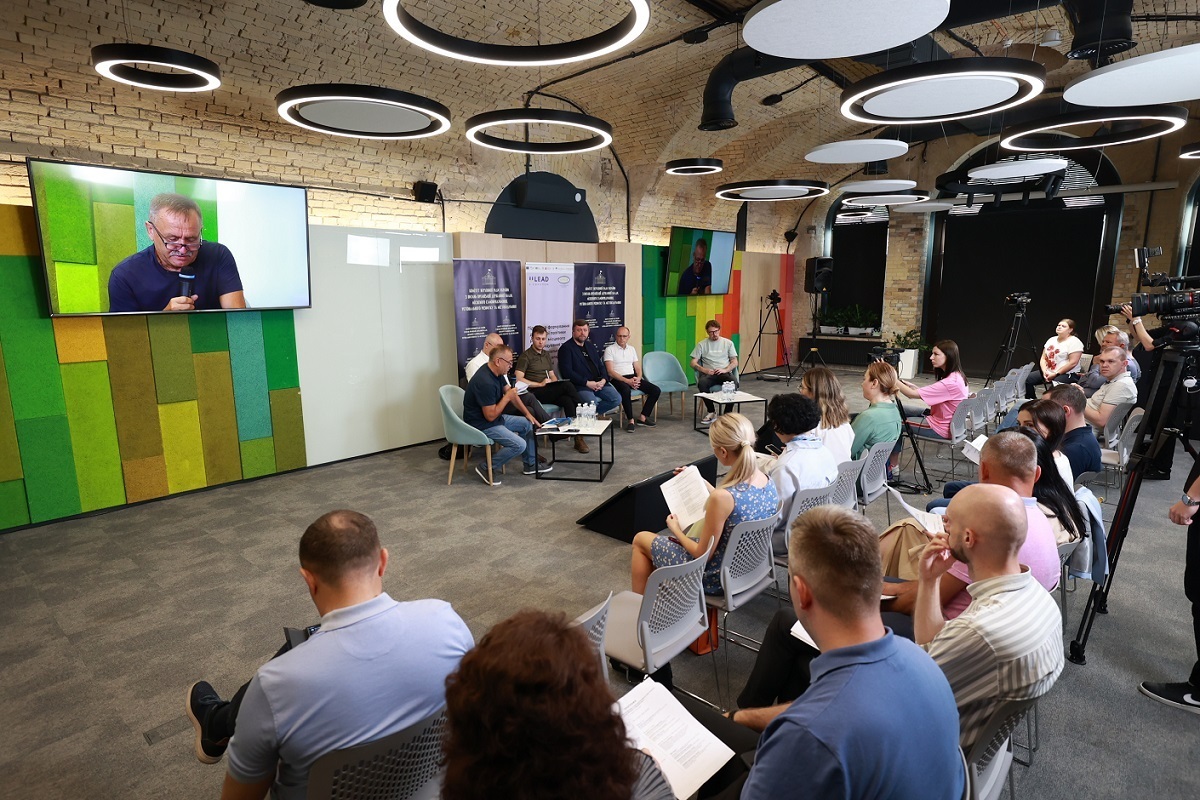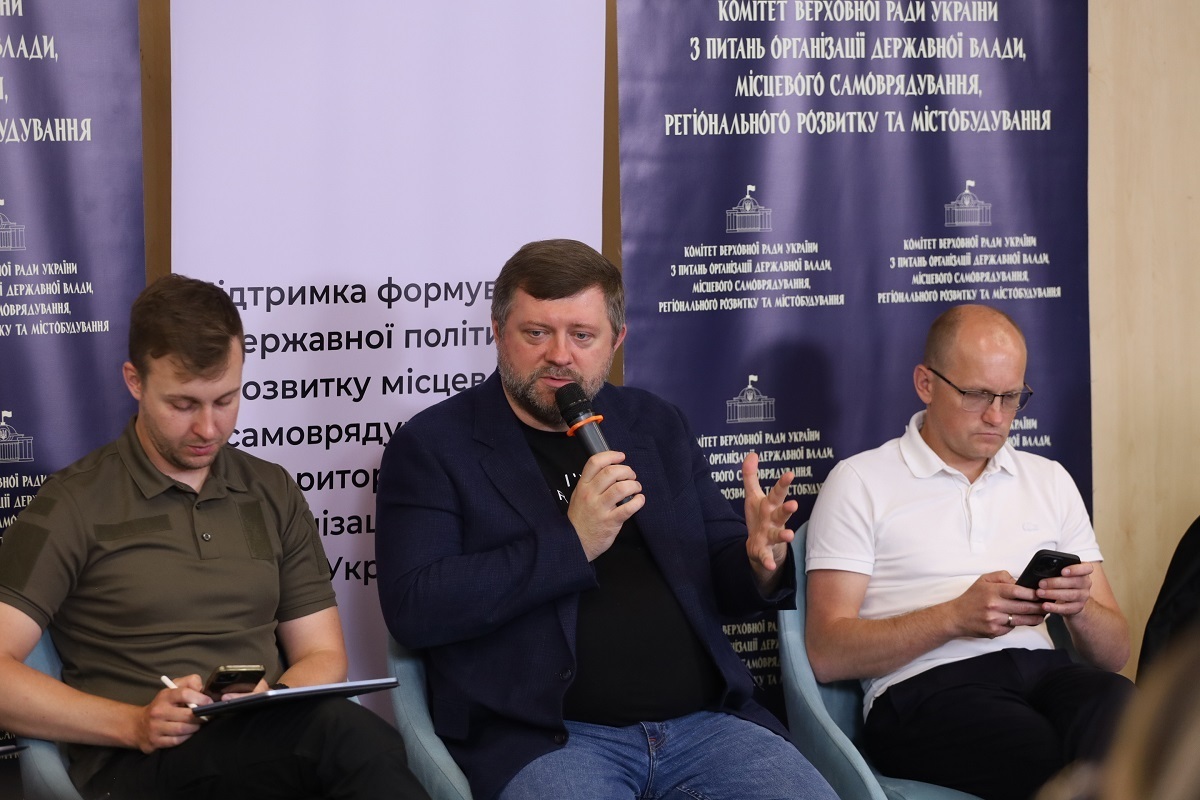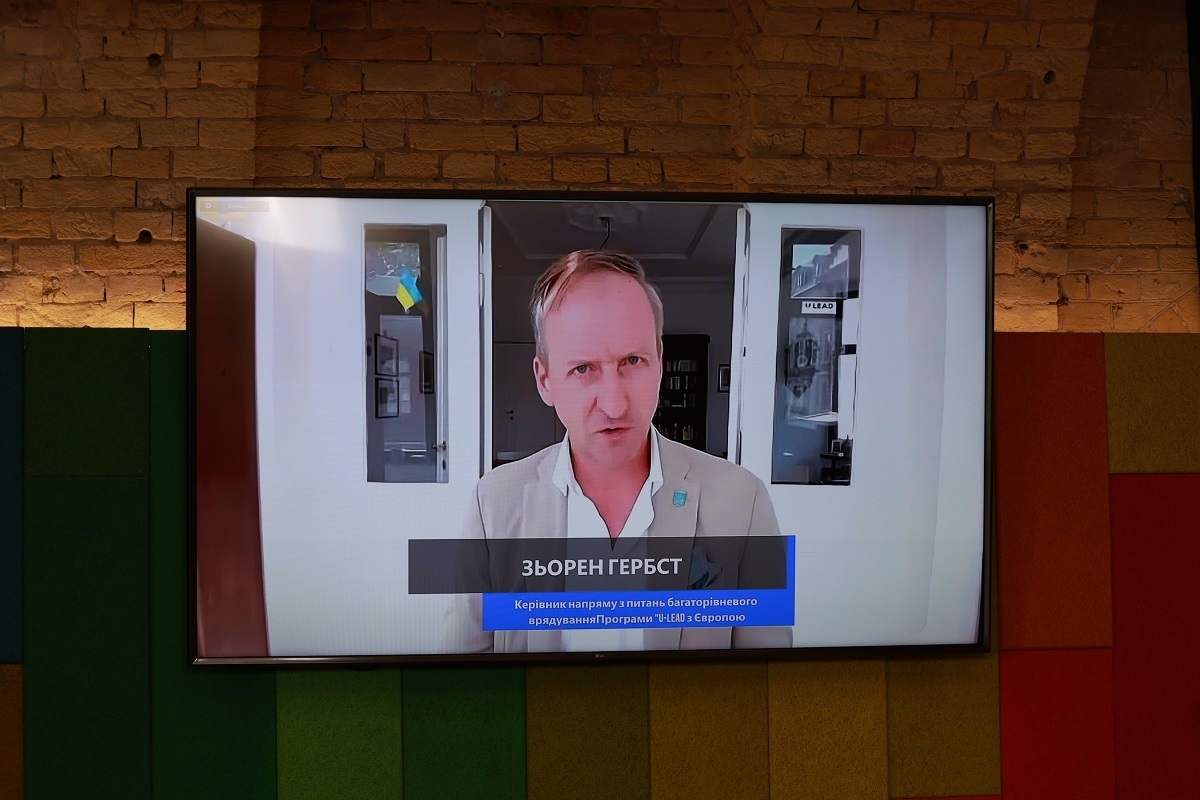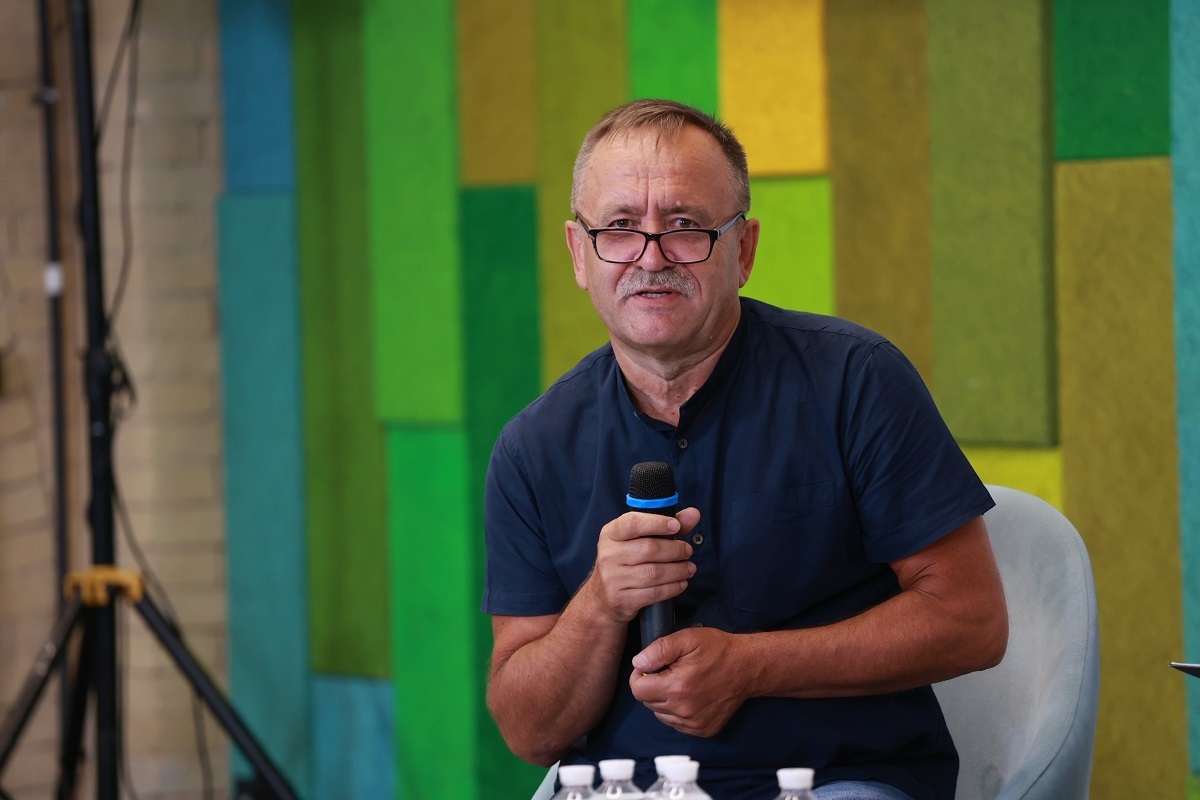The new administrative system turns three: We did not prepare for the war, but it showed the true value of the reform and the administrative system. Theses from the round table
Three years ago, in the thirtieth year of the restoration of its independence, Ukraine finally bade farewell to the inefficient administrative system, remnant of the Soviet past, which the authorities once created for the communist higher-ups. On 17 July 2020, the Verkhovna Rada of Ukraine created 136 new districts and liquidated 490 old ones with its Resolution “On the Formation and Liquidation of Districts”. This became a new administrative basis for the formation of effective local government.
Then, in 2020, the Deputy Minister for Community and Territorial Development Viacheslav Nehoda, who was responsible for the reform of local self-government and territorial organisation of power in the department, commented on the Parliament’s decision as follows.
“Ukraine should have adopted this decision at least 20 years ago. I will not claim that this is an ideal version of the new administrative structure, but we will be unable to develop the next steps to continue the reform without it.”
Only three years have passed since then. How successful has the new administrative structure proved itself to be so far? How has it affected the effectiveness of local self-government bodies and local executive bodies? Do the parameters of municipalities and districts meet the capacity criteria? How has the war affected the administrative system? What are the prospects for adjusting the administrative system? These issues were discussed at the round table “Three Years of the New Administrative System of Ukraine: Successes, Challenges and Prospects”. The event brought together Ukrainian MPs, representatives of central and regional executive bodies, local self-government bodies and their associations, experts.

It was organised by the Office of the Congress of Local and Regional Authorities under the President of Ukraine together with the Centre for Political and Legal Reforms with the participation of the Committee of the Verkhovna Rada of Ukraine on the Organisation of State Power, Local Self-Government, Regional Development and Urban Planning with the support of the U-LEAD Programme.
While the participants of the round table noted the positive impact of the change in the administrative structure on the development and defence capability of the municipalities, the meeting primarily focused on the prospects of the reform, namely on the decisions needed at the moment to create favourable conditions for the development of municipalities, given the challenges of the war.
“The main thing is to understand that the authorities will continue the decentralisation reform. The President is always in favour of delegating more powers to local self-government bodies. That is why, preparing for the victory of Ukraine, which will, along with the recovery of territories, boost reforms, including decentralisation, we must develop a clear understanding of the criteria for municipal capacity today. Then we will have to make changes in the administrative structure, as a forced step informed by the consequences of the war,” said Oleksandr Kornienko, First Deputy Chief of the Verkhovna Rada of Ukraine.

Vitalii Bezghin, MP, also believes that the administrative system of Ukraine will undergo changes again.
“The new administrative system, as a component of the decentralisation reform, has been successful. But is it perfect? No, it isn’t. Have there been mistakes? Indeed. Keep in mind that since 2020, since the approval of the new administrative structure, municipalities are yet to function without challenges for a single year. Moreover, today the war has made significant adjustments: millions of internally displaced persons, towns and villages wiped out by Russians and other problems dictate the need to revise the administrative structure after the victory of Ukraine. Unfortunately, we cannot start this work, as we do not have data on uncontrolled territories,” said Vitalii Bezghin.

Ukraine’s international partners see the change in the administrative structure of Ukraine as a serious step toward development and European integration.
“When we look back at what was done 3 years ago, when municipalities were consolidated and new districts were created, we see success stories. This is the European path chosen by the Ukrainian people. These three years have shown that this was a correct decision, as municipalities have become a reliable foundation for the state, a pillar of Ukraine’s defence capabilities and victory. Decentralisation and local self-government are what the enemy hates,” said Zören Herbst, Head of the Multi-Level Governance Department of the U-LEAD with Europe Programme. He also mentioned important draft laws that will have a significant impact on the success of the further implementation of reform tasks once adopted, as well as reaffirmed the unwavering commitment of European friends to Ukraine.
The Congress of Local and Regional Authorities under the President of Ukraine sees decentralisation as a tool for the development of municipalities and firmly believes that another change in the administrative structure is inevitable after the victory of Ukraine.

“Decentralisation has indeed taken place, but it must be constantly improved. Today, not all municipalities are financially capable. This should be taken into account when reviewing the administrative structure. Along with this, we must develop clear mechanisms that will allow municipalities to build their economy,” said Viktor Mykyta, Chairman of the Chamber of Regions of the Congress and Head of the Zakarpattia Regional Military Administration.
According to Viacheslav Nehoda, Head of the Office of the Congress of Local and Regional Powers under the President of Ukraine, the success of the reform of local self-government and territorial organisation of power, an important component of which was the formation of a new administrative system, is clear, reinforcing the commitment to implement all the tasks provided for in the concept document of the reform instead of resting on laurels.
“I still believe that the administrative structure is lacking, but it is definitely many times better than the one that was left to us by the Soviets. We did not prepare for a war, but the war, as it turned out, showed the true value of the reform and the new administrative structure. Could any of the village councils that existed before the reform establish territorial defence units and provide them with everything necessary so quickly, as municipalities did at the beginning of the war? Which of them could cope with thousands of internally displaced persons per town? How could they, those small local councils without budgets, help our Armed Forces today? And the municipalities managed! They proved that under the right conditions, they are capable of supporting the state not only in peacetime, but also in times of all-out war. That is why we must continue to build strong local self-government, even if it requires changing the administrative structure once again,” said Viacheslav Nehoda.


Attached images:
Tags:
administrative and territorial structure V.Nehoda Vitalii Bezghin
Source:
Decentralization Initiative Press Centre

13 March 2025
Чому громади мають готуватися до євроінтеграції вже зараз? І як це зробити без зайвих нервів
Чому громади мають готуватися до євроінтеграції...
Автор розуміє, що, ймовірно, «Америки не відкриє» цим текстом, адже багато з цих ідей вже давно обговорюються серед...
13 March 2025
Що означає включення людини в систему добровільної пожежної охорони
Що означає включення людини в систему...
Авторка: Агнєшка Пясецька, експертка Представництва Фонду міжнародної солідарності в Україні Ким у системі...
13 March 2025
Парламент змінив межі міста Сновськ та ухвалив...
13 березня 2025 року Верховна Рада України Постановою №12219 змінила межі міста Сновськ Корюківського району...
13 March 2025
Інтеграція податкових послуг у ЦНАП: досвід Мереф’янської громади
Інтеграція податкових послуг у ЦНАП: досвід...
Мереф’янська громада стала однією з перших в Україні, де у Центрі надання адміністративних послуг (ЦНАП) запровадили...